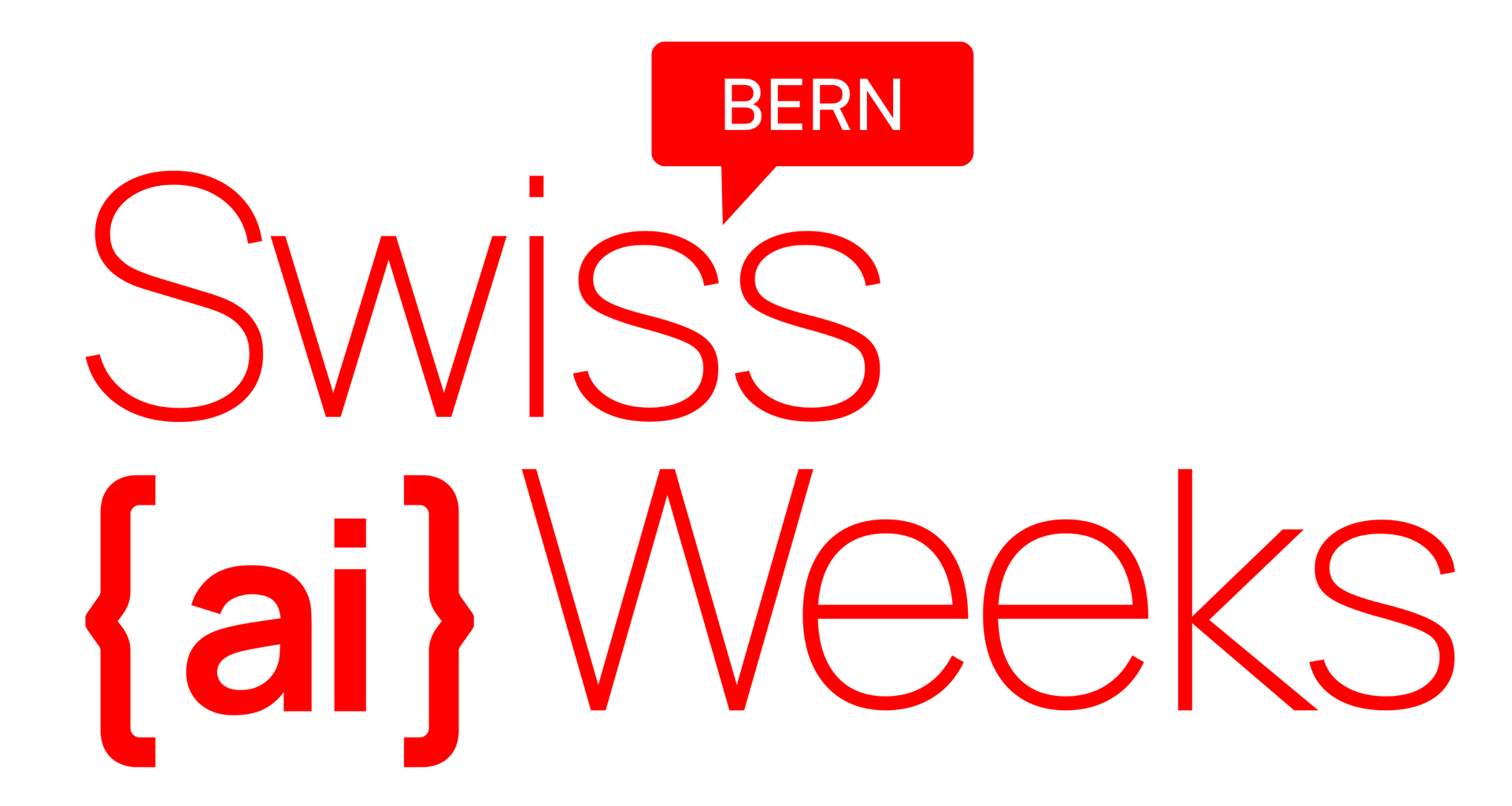Assisted Exoplanet Transit Detection
Apply AI techniques to enhance transit detection in space telescope data
Develop an AI tool that processes light curve data from space telescopes such as TESS or CHEOPS, removes noise, and highlights subtle transit signals from small exoplanets that are often hard to detect with classical methods.
Image credit: ESA / ATG medialab
Purpose
This project aims to create an AI-driven pipeline that can clean transit light curves from telescopes like TESS and identify faint exoplanet signals faster and more accurately than traditional methods. Currently, exoplanet detection relies on manual or conventional algorithms that struggle with noisy data. Deep learning has shown promise in related time-series analysis tasks but hasn’t been broadly applied in this specific context. Activities in this challenge may include:
- Collect and preprocess TESS/CHEOPS light curves.
- Train a 1D CNN or LSTM model for noise reduction and transit recognition.
- Compare predictions to known exoplanet catalogs and validate results.
- Wrap the pipeline in a user-friendly interface for testing during the hackathon.
Inputs
- Open datasets from TESS, CHEOPS archives.
- Libraries like PyTorch, NumPy, Pandas, Matplotlib.
- Pre-trained AI models and GPU compute via Hugging Face and/or local servers.
https://swissai.dribdat.cc/project/28
Outputs
The project will be open-source with code and model weights published. It can expand into a tool used by the exoplanet community or even be adapted for detecting rare signals in other scientific datasets. It supports responsible science by using transparent, reproducible methods.
Although not Switzerland-specific, the project aligns with Swiss AI’s goals of advancing AI for global science. It can be extended to include Swiss observatory datasets or be leveraged by Swiss researchers in astronomy.
Compliance
No sensitive or personal data are used. All datasets are publicly available and usage complies with open-science principles. No conflicting ethical or legal issues are anticipated.
Previous
Hackathon Bern
